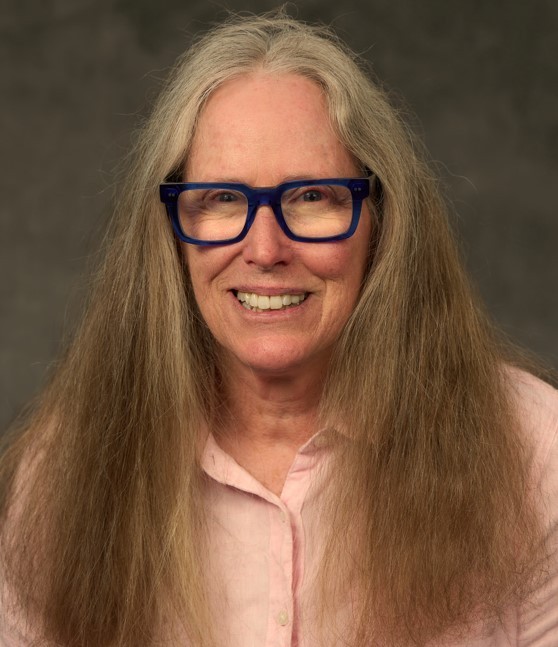David Center for the American Revolution Seminar “Sheep Too Good To Eat: Merino Influenza and the Promotion of Economic Development in the Early Republic” with Susan Branson

The second 2024-2025 David Center for the American Revolution Seminar will take place October 30, 2024 at 3:00 p.m. ET on Zoom.
The speaker, Susan Branson, is chair of the History Department at Syracuse University. Her research focuses on society and culture in the early American republic. She has written two books on gender roles in early America. Her third book, Scientific Americans: Invention, Technology, and National Identity (Cornell University Press, 2021), explores the interactions between emerging technologies and American nationalism in the early nineteenth century. Susan’s current book project is titled An American Yarn: Wool, Labor and Markets, 1620-1920.
Susan will be presenting her paper titled: “Sheep Too Good To Eat: Merino Influenza and the Promotion of Economic Development in the Early Republic” A description of the paper is below. The paper will be pre-circulated to registered participants in advance of the seminar meeting.
To attend the seminar and to receive a copy of the paper, please register via Zoom.
The David Center for the American Revolution Seminar serves as a forum for works-in-progress that explore topics in the era of the American Revolution (1750-1820). Questions about the series may be directed to Brenna Holland, Assistant Director of Library & Museum Programs, at [email protected].
NOTE: Seminars are designed as spaces for sharing ideas and works still in-progress. For this reason, this event will not be recorded.
“Sheep Too Good To Eat: Merino Influenza and the Promotion of Economic Development in the Early Republic”
My paper explores the “merino influenza” that gripped Americans in the first decades of the nineteenth century and situates the enthusiasm for merinos within the context of the drive for economic development: merino enthusiasm fueled the expansion of agricultural societies and spurred the creation of textile manufactories in the northern and mid-Atlantic states. The urgency with which merino enthusiasts sought to obtain these money-making sheep highlights the intimate connection between American diplomacy, business interests, and state and federal support for agriculture and manufacturing.
